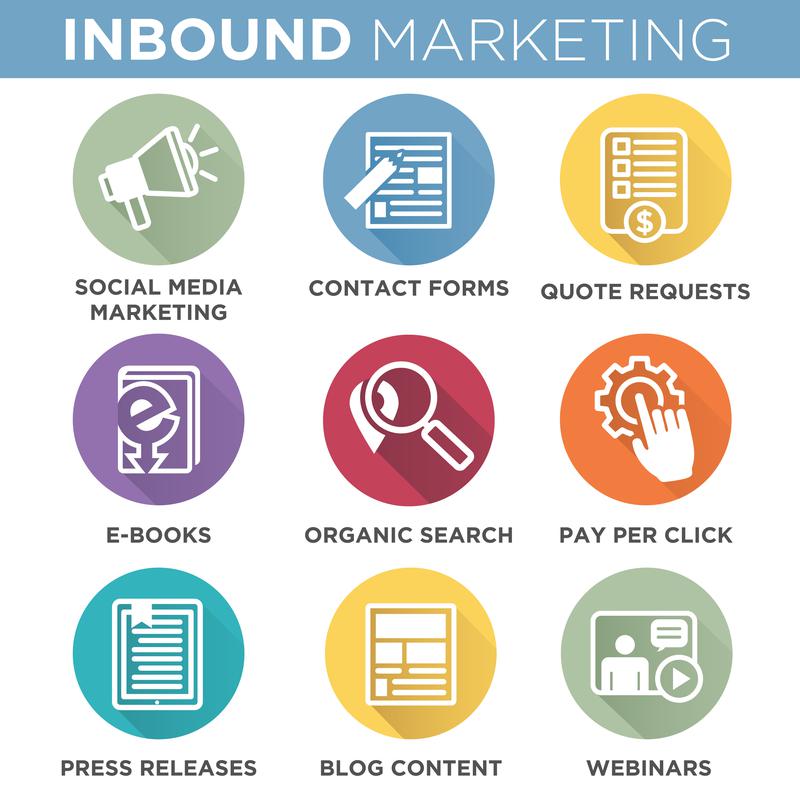
It’s easy to get confused when it comes to content marketing and SEO, because they often overlap. While they are two separate strategies, just using one or the other is often not enough to be effective. Content marketing may be the newer practice, but it’s not a replacement for SEO. They differ in that SEO is more technical and narrower, while content marketing is broader in its approach. See how content marketing helps SEO to develop an effective online marketing strategy.
Creating Quality Content
It used to be it was enough to load thin content with some keywords, but that doesn’t work now. Strong, original content helps attract and retain readers. Looking at this content from an SEO perspective, quality content will differentiate you from your competition. Content that is interesting and fresh and relevant to the target you are marketing is more likely to keep visitors on your site longer, and keep them coming back.
Related: 4 Easy Ways to Diversify Your Content
Going “Green”
Evergreen content helps improve your search rankings and makes your site more useful for your visitors. Instead of topical news stories that initially draw visitors but fade away when the next story breaks, useful evergreen content can attract traffic on a long-term basis. A useful article will attract relevant links and metrics that Google will reward with better long-term search rankings.
Keywords are King
Your efforts in creating quality content goes to waste if you are not matching the search terms that people are using. Taking the time to perform keyword research is essential for content marketing and SEO to work well together. Keyword research allows you to find the terms that people are searching for and to tailor your content appropriately. While you may not see overnight results, well-written content with naturally placed keywords will pay off over the long term.
Getting Linked
One of the goals of creating good content is to gain as much attention as possible, especially through the gain of backlinks that will generate more visitors to your site. The more useful the article, the more backlinks it will attract, as others will link to it. This is a prime example of how content marketing helps SEO.
Using Internal Links
Internal links included in your content helps improve your rankings with search engines. These links allow Google to work more efficiently on your site. Readers can be directed to additional relevant content on your site through internal links. Used correctly, internal links provide more in-depth information to your site visitors.
Measuring the Results
SEO analytics are vital to measuring the effects of your content and to track your rankings over time. Content marketing metrics, including time on site, visitors viewing additional pages, and bounce rates are important data that can help in directing you to providing the content that your target audience wants.
Even though content marketing and SEO differ in their approaches, the success of each method can be improved greatly by blending the two together in your marketing strategy. Now that you know how content marketing helps SEO, you should start seeing results.

Share this Post





